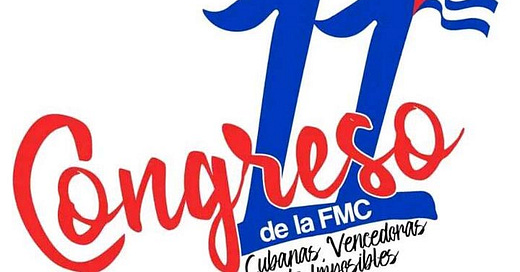The Federation of Cuban Women was established in 1960 in the context of the revolutionary formation of mass organizations. But it was not the first women’s organization in Cuba. The National Federation of Feminine Associations of Cuba was established in 1921, and it convened the First National Congress of Women, held from April 1 to April 7, 1923. The delegates represented thirty-one organizations. They were primarily middle-class women with a variety of political, social, and religious perspectives, but on common ground with respect to the issue of gender.
In the early 1920s in Cuba, women experienced profound prejudice and discrimination, reinforced in law and social convention. Working women received salaries much lower than men for the same work. Women did not have the right to vote or hold public office. The minimal rights of women in the family were illustrated by a law effectively granting a husband authorization to kill an adulterous wife.
In the context o…



